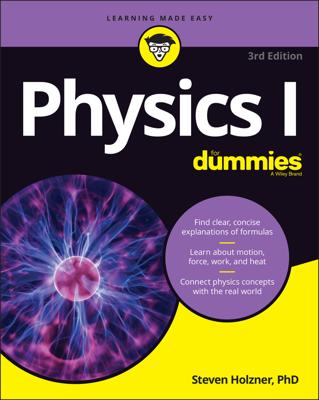Talking about time travel and string theory without mentioning science fiction would be an obvious omision. Here are some key science fiction novels and films related to the time travel concepts discussed in this chapter, although the list is by no means complete. Spoiler alert: Some plot details are revealed in the descriptions below.
Novels about time travel
The Time Machine, by H. G. Wells (1895): The first story with a man-made device to travel in time, where the travel was under the control of the traveler (as opposed to stories that preceded it like Rip van Winkle, A Connecticut Yankee in King Arthur’s Court, or A Christmas Carol, where the time traveler had no control).
Tau Zero, by Poul Anderson (1967): A spaceship is trapped accelerating closer and closer to the speed of light, unable to decelerate. The novel explores the effects of time dilation and the possible end of the universe.
Gateway, by Frederick Pohl (1977): The sole survivor of a space accident has to come to terms with intense survivor’s guilt for the crew he left behind. The plot’s powerful climax (which I may now be ruining by telling you) relates to the idea that as you fall into a black hole, time slows down.
Films about time travel
Somewhere in Time (1980): Richard Collier (Christopher Reeve) is a playwright who travels to 1912 from 1980. The film takes the stance that the past has already happened and Collier was already part of the events of the past (or he’s hallucinating, in which case this film has nothing to do with time travel and is far less interesting). For example, “before” he ever time travels, he finds his own signature in a hotel guestbook from 1912. Based on a novel by Richard Matheson.
Back to the Future (1985): Marty McFly (Michael J. Fox) travels from 1985 to 1955 and interferes with his parents’ first meeting. The film explores the concept of time paradoxes and potential multiple timelines. There were two sequels, but the original film was by far the best.
Frequency (2000): New York detective John Sullivan (James Caviezel) begins communicating with his father (Dennis Quaid) 30 years in the past over a ham radio, which is bouncing signals off of strange sunspot activity. In this film, no material objects travel in time — only information in the form of radio waves. String theorist and author Brian Greene served as physics consultant and had a cameo in the film.
Not only do science fiction authors learn from scientists in developing their time travel systems, but inspiration can flow the other way. Dr. Ronald Mallet, who is trying to build a time machine, was motivated throughout his life by science fiction accounts of time travel.
Kip Thorne has developed his theories of time travel out of helping friends work out the details of their science fiction novels. His first work on time travel was based on work performed to help Carl Sagan develop a realistic wormhole for his novel Contact in the 1980s, and he later gained insights from the science fiction author Robert Forward.

